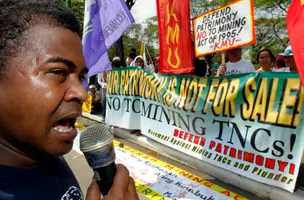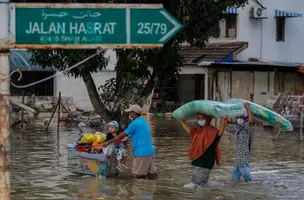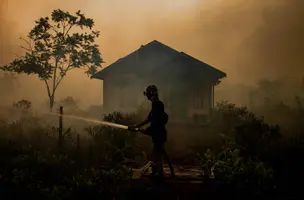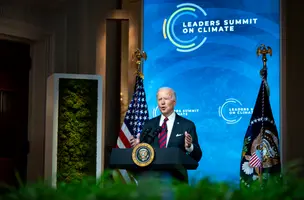
Home
Publications
Publications
Showing 0 to 0 of 0 results

2025-04-25T11:44:20
Development for Whom? | A campaign on so-called ‘development’ projects in Indonesia, Philippines and Myanmar

Statements
2022-11-01T09:52:08
Rights of indigenous peoples and local communities must be the focus of climate change solutions

Opinion Articles
2022-05-11T10:10:54
US must assist with climate finance

Statements
2021-04-22T14:59:28
MPs welcome United States’ and fellow countries’ new climate change targets, but more efforts needed
TOP
ASEAN Parliamentarians for Human Rights (APHR) was founded in June 2013 with the objective of promoting democracy and human rights across Southeast Asia. Our founding members include many of the region's most progressive Members of Parliament (MPs), with a proven track record of human rights advocacy work.
Copyright © 2024-2025 All Rights Reserved - ASEAN Parliamentarians for Human Rights (APHR)
Website by Bordermedia